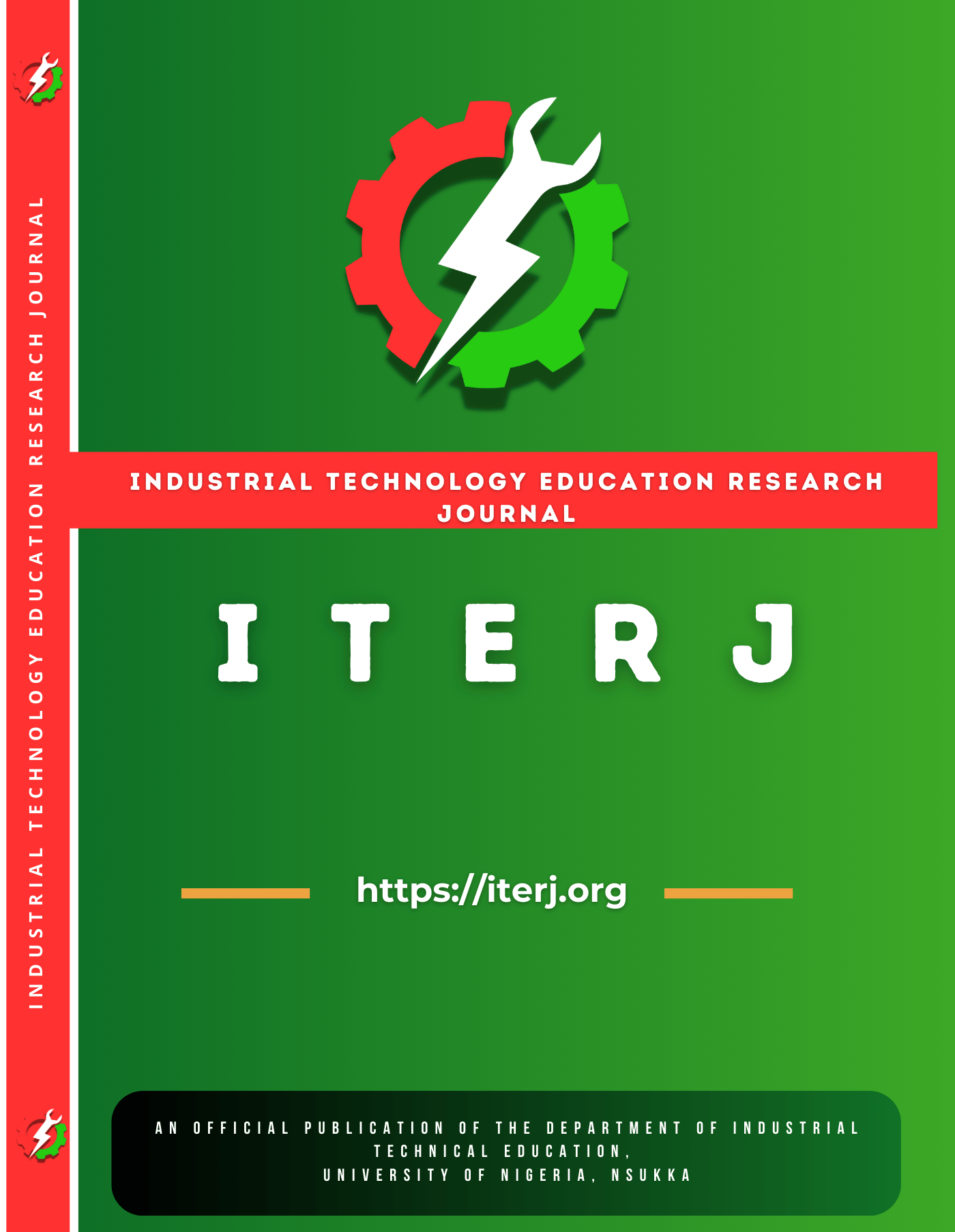Enhancing the Strength Properties of Clay Block for Building Construction usingLocust Beans Pod (Makuba) as Local Additive in Kano State, Nigeria
Keywords:
Block, Clay, Building, Building construction, Locust beanAbstract
The study enhanced the properties of clay block for building construction using Locust Bean Pod(Makuba) as local additives. Research and development (R&D) were adopted for the study. The study was carried out in Kura town, Kura local Government in Kano State which is located at the NorthWestern Geopolitical Zone, Nigeria. Five research objectives, five corresponding research questions and three null hypotheses guided the study. The population for the study was 200 cubes of clay blocks. The tests conducted for the study were mix ratio, setting time, compressive test, water absorption and binding strength. Data were collected based on experimental research principles by observation and recording values. Specimens will be tested at different times and for different proportion of the additives for strength, binding capacity, mix ratio and water absorption. Readings for each specimen were recorded until the entire specimens subjected to 28 days curing period are tested. The conventional clay blocks used for building construction in Kano were tested first and strength, binding capacity, mix ratio and water absorption level in the products would be recorded. Subsequently, the clay blocks with the additives were also be tested of the same properties to see whether there will be any change in the strength and water absorption. The findings were based on known industrial standard; ASTM, C1825, C1601, C1314, andE84. The study found among other things that the mix ratio of 7:14:4 was found suitable for the production of enhanced Makuba clay block for building construction purposes. The setting time of sample with the highest content of the additive was found to have set for construction within fourteen days of production unlike the other two samples. The sample which was produced using the additive and undergo firing treatment has the highest compressive strength going by the international standard of 2.73mpa. The rate of water absorption based on the analysis indicated that, the burnt clay enhanced clay blocks absorbed less water compared to the other two samples. The binding capacity of ordinary clay block with cement as binding agent was more efficient compared to that of Makuba enhanced clay block but when used in moderation, Locust bean pod can serve as a partial replacement for cement. It was recommended among other things that Ideally, a major initiative to enhance the use of Makuba as building material could be mass planting of locust bean trees wherever they can take root and thrive. That various government agencies should engage in the use of Locust beans pod powder rather than campaigning to developers. That every state should establish cottage building industries to improve the supply, and that more researches should be engaged on for more discoveries of varieties of Locust Beans Pod Trees.








